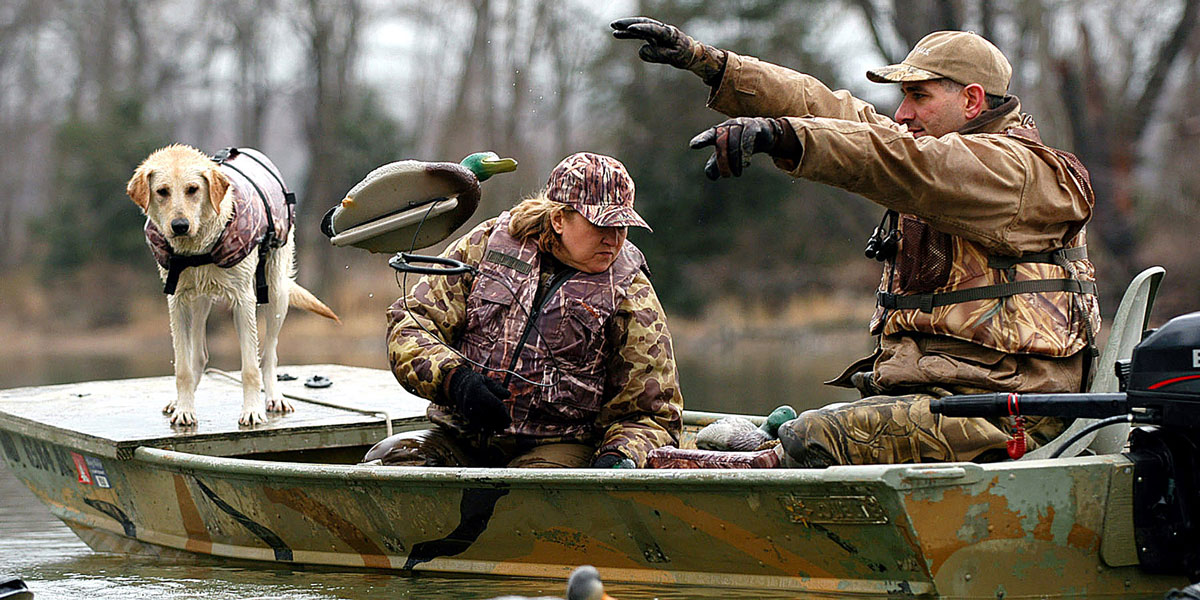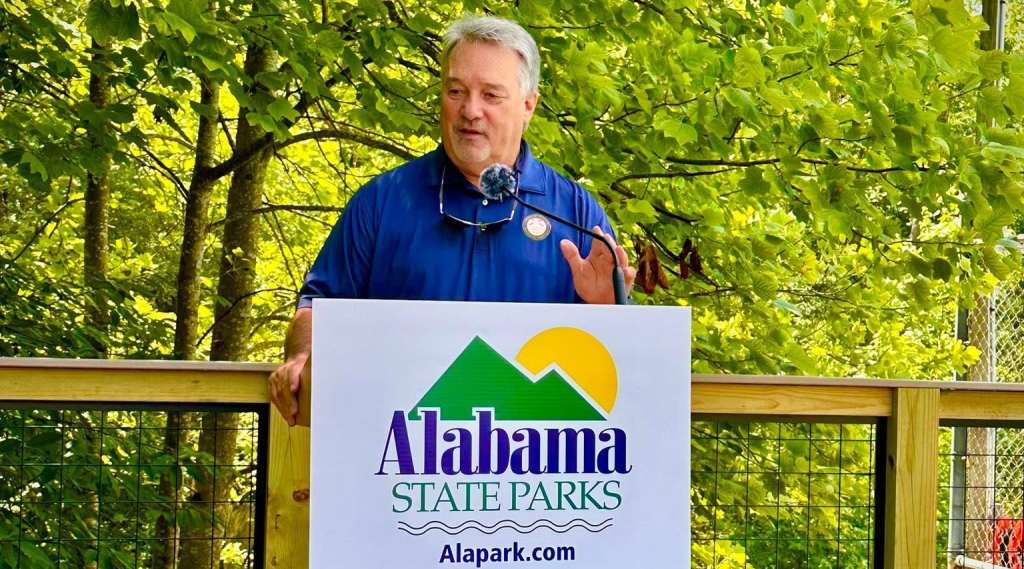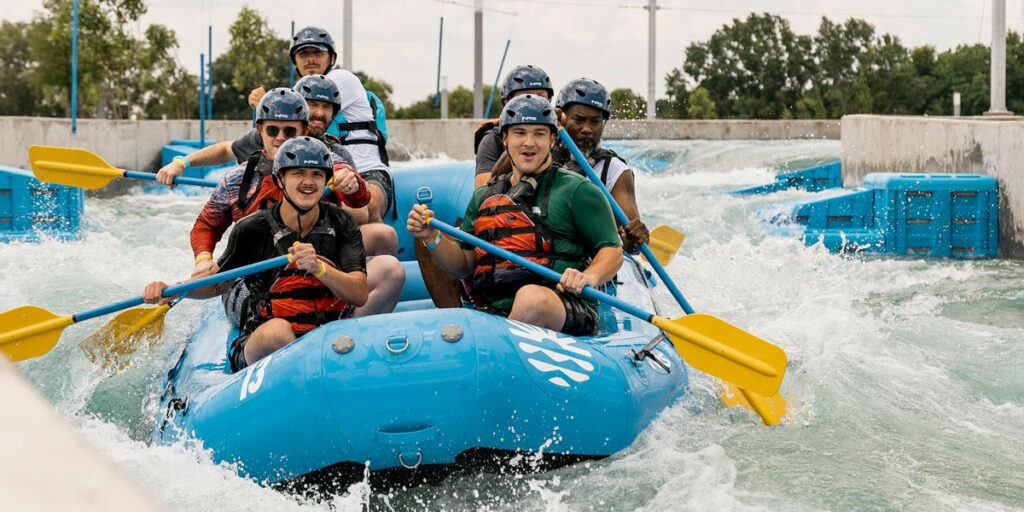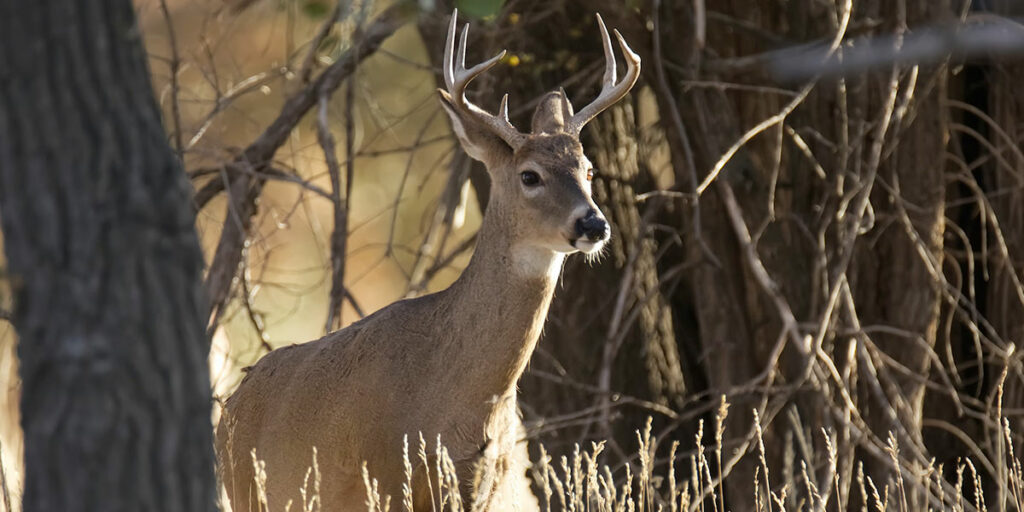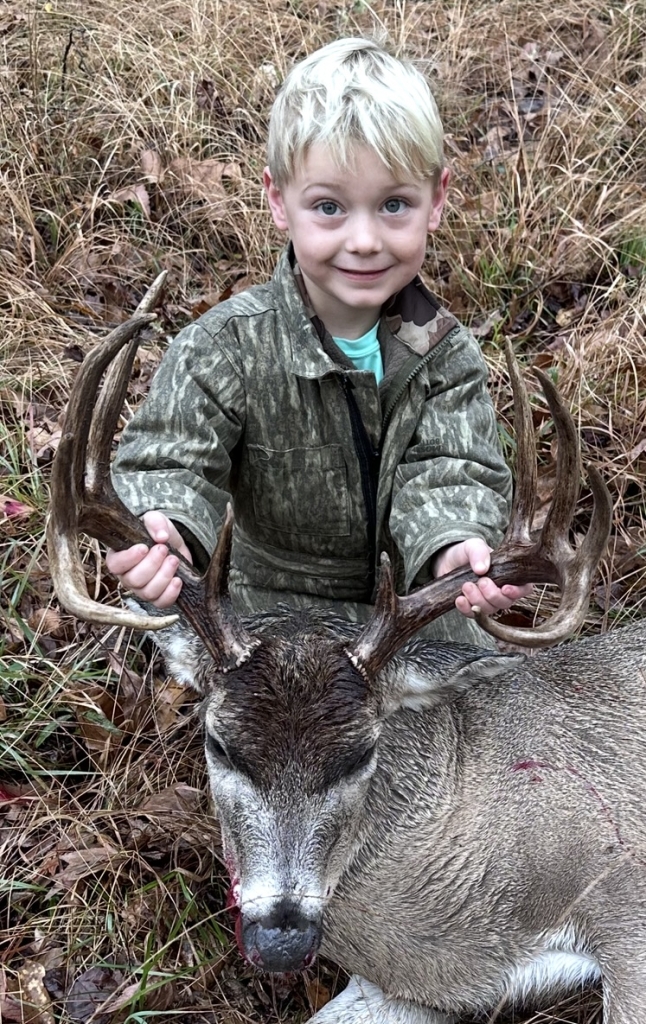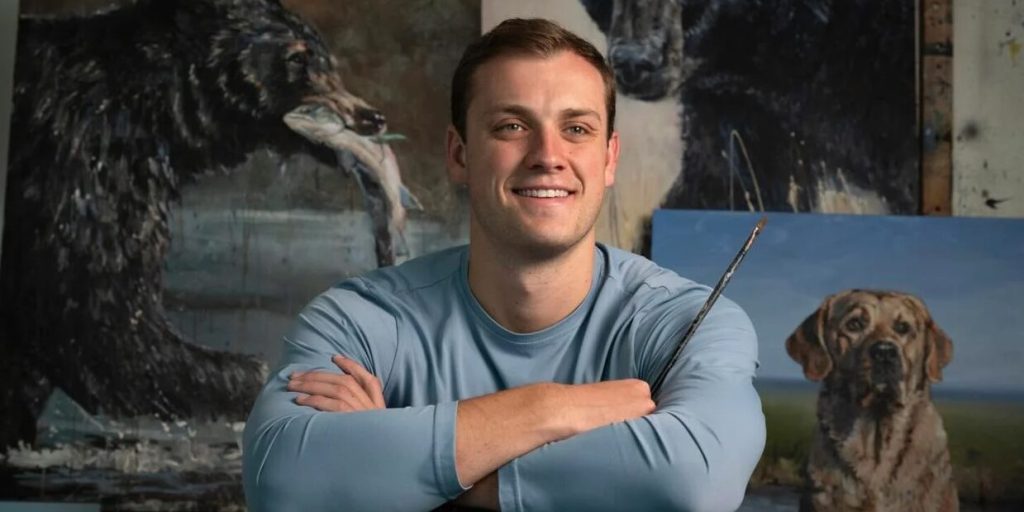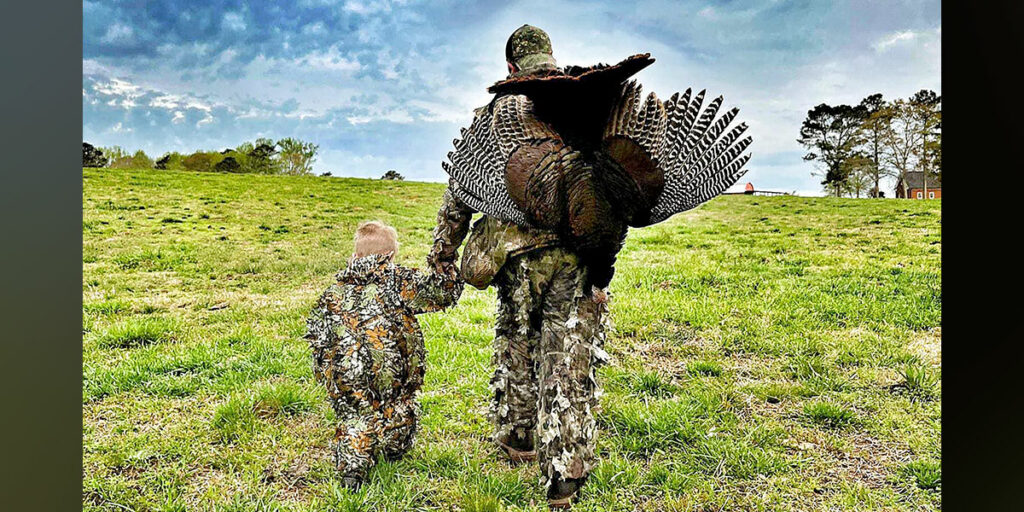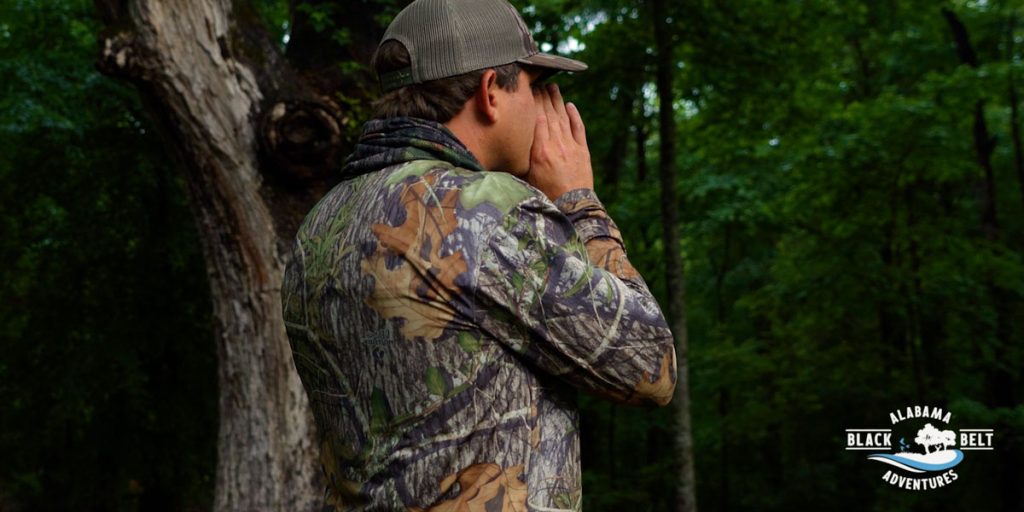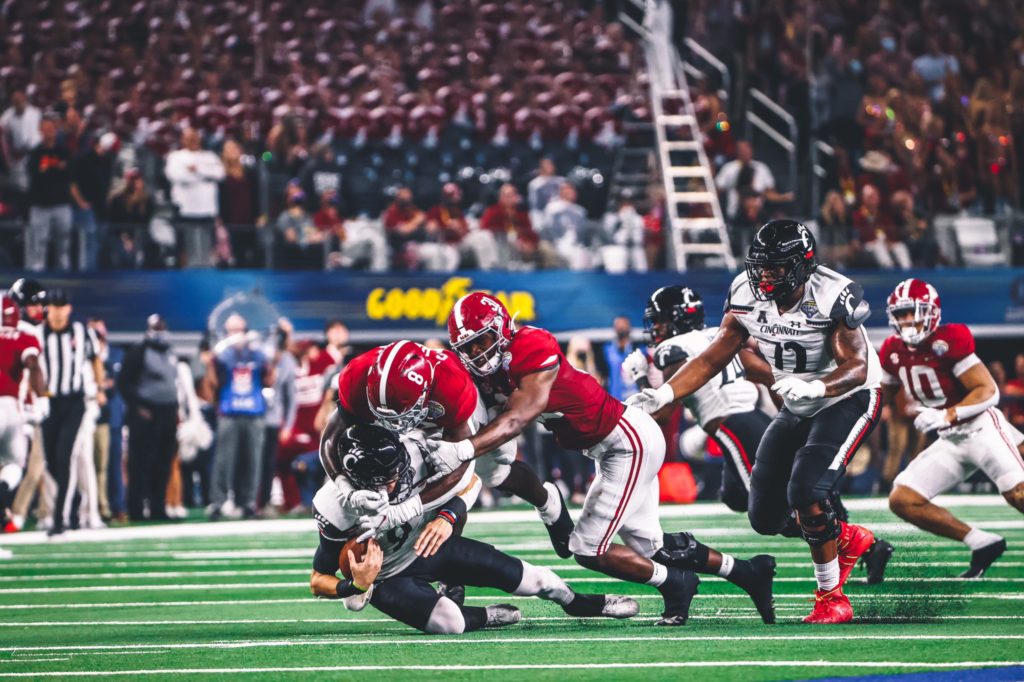With Alabama’s abundant waterways, hunters sometimes can only access their hunting land via some type of boat or vessel. That goes not only for waterfowl hunters but for deer and small game as well.
When the weather is cold and the water temperature is low, using personal flotation devices (PFDs) is crucial for safety should an accident occur and hunters end up in the water. Drowning is not the only risk. Hypothermia sets in in only minutes in frigid water.
Paul Barnard is a 35-year veteran in the U.S. Coast Guard (USCG) with 20 years of active duty, including stints at Dauphin Island and Brookley Field. Currently as the Recreational Boating Safety Specialist stationed in the New Orleans district, which covers 26 states, Barnard is urging all hunters and boaters who take to the water this time of year to exercise caution and wear PFDs.
Barnard heads the USCG’s Operation Artemus Borios, which is aimed at keeping hunters and boaters safe during the winter.
“Artemus was the Greek goddess of the hunt, and Borios is the god of the cold and winter winds,” Barnard said. “The objective of the program is to reach out to hunters and all boaters who operate in cold weather to discuss the dangers to those activities. It is an outreach and enforcement operation. The enforcement is not a ticket-writing operation. We actually engage people at the dock before they launch. Enforcement focuses on the preventative aspect.”
Last year two young duck hunters went missing during a hunt on the Mississippi River. The two hunters have never been found after extensive search efforts.
In 2009, two hunters used a canoe to access areas in the Mobile-Tensaw Delta to go squirrel hunting. Their canoe was found half submerged. The body of one of the hunters was recovered in January of 2010 in the Gulf of Mexico.
In 2013, a 16-year-old duck hunter drowned on Lake Martin after his canoe capsized.
In February 2014, two brothers died while fishing on the Coosa River after their canoe overturned.
In January 2021, three duck hunters went into the water when their boat capsized on the Tennessee River. One of the hunters drowned.
Barnard said boats used for hunting are usually smaller with little freeboard and are frequently loaded with hunting gear from climbing stands to blind material and dozens of duck decoys. Also, hunters often wear heavy coats and waders to deal with the cold. Barnard said the combination of those factors presents an elevated risk of capsizing and drowning.
“Ducks often fly when the winds are howling,” Barnard said. “Cold fronts may pass during hunting trips and bring treacherous conditions with them. Combine this with heavily loaded small boats, and it’s a recipe for disaster. Watch the weather closely. Avoid big water when the winds are high or are forecast to be high.”
Barnard said donning a PFD before you leave the dock is the best practice. It may be too late to try to put on a life jacket when the boat is taking on water or has already capsized.
“Wear a life jacket,” he said. “Just do it. Modern PFDs are comfortable, non-confining and affordable. Some of the inflatable PFDs are available in camo. They are camo when worn, but the bladder is bright yellow when inflated for visibility. They can easily be adjusted to fit over bulky hunting clothing. There are many other approved camo life jackets and flotation coats on the market. For boaters who won’t wear a PFD, their PFDs must be kept readily available. They can’t be buried beneath a mound of blind material and a bunch of decoy bags. I personally always wear an inflatable on my belt. Others wear the vests. It’s about finding that sweet spot between comfort and protection.
“Cold kills. Cold water and cold air kill. Cold-water shock can set in when water temperatures are 70 degrees and below. People naturally and uncontrollably gasp when immersed in cold water. If you are under water without a PFD when you take that reflexive breath, you are in deep trouble.”
Barnard said the 1-10-1 rule applies to most people when they end up in cold water. It takes one minute to get your breathing under control. Those in the water have about 10 minutes of useful motor control. After they are out of the water, expect one hour of diminished physical capacity.
“The danger of hypothermia persists when we are out of the cold water,” he said. “Having a change of clothes in a waterproof bag can be a lifesaver. The 1-10-1 rule is a general rule. The colder the water temperature, the higher the effect of cold-water shock and the onset of hypothermia.”
Vance Wood, a Conservation Enforcement Officer with the Alabama Wildlife and Freshwater Fisheries Division, said the majority of hunters he and his fellow officers see without PFDs are younger.
“They haven’t had the mentorship from older, experienced hunters,” Wood said. “They’re new to the game, and sometimes they feel invincible. But they’re not. Wearing waders in deep water is a prime example. They’re made for shallow water. Transiting to and from your hunting area, you may be crossing bodies of water that are 30 or 40 feet deep or deeper. Don’t wear your waders. Wait until you get to your spot to put on your waders. A PFD may not be enough to keep you afloat if you have your waders on. When you factor in the hypothermia effect, you need every ounce of buoyancy you can get.”
Hunters often travel to their duck blinds or hunting areas in low-light conditions. Getting to those areas may involve winding through narrow waterways. Barnard advises to maintain boat speeds that allow the driver to stop in time to avoid an accident.
“Boaters have to expect other boaters around those blind bends and waterway intersections and throttle back,” he said. “GPS is not radar. It may show you where you need to go, but it won’t show other boats. Budget enough time to travel at a safe speed. And always wear the kill switch that will kill the motor if you lose control of the boat.”
A method of communication with the Coast Guard or friends and relatives is also crucial should something go wrong during the excursions.
“Most hunting skiffs aren’t equipped with an installed VHF radio,” Barnard said. “In most of the coastal regions along the Gulf of Mexico, a handheld VHF radio will have the power to reach Coast Guard antennas. In the more interior regions, you won’t have that VHF coverage. You’ll have to rely on other reliable means of communications.
“A PLB (personal location beacon) can provide emergency communications in areas without VHF coverage. Commercial satellite subscription-based communication devices are on the market at a reasonable price as well. Too many hunters rely exclusively on a cell phone. Prime hunting areas are often beyond cell phone range. The kind of accidents that find hunters needing to call for help may also find their cell phone wet. It’s always a good idea to keep cell phones in a waterproof enclosure. I keep a VHF radio, PLB and my cell phone in a waterproof case when I’m on the water.”
Barnard also recommends carrying an emergency kit that includes items that will be visible to search and rescue units. The kit should include flares, fire starter, flashlights, glow sticks, orange bandannas and signal mirrors as well as bug spray, sunscreen, a multi-tool, some basic first-aid supplies, cordage, communication devices, emergency blankets, and anything else that might help hunters stay warm and dry or help draw attention.
“As hunters we dress so that we won’t be seen, so having something that helps us be seen can be vital,” he said. “The silver survival blankets help keep you warm and are high visibility.
“And file a detailed float plan. Every year reports of overdue boaters come in with very little information about the voyage or the boat. There are a lot of float plans available on the internet. Hunters need to fill one out and leave it with a responsible person who can call authorities in the event they don’t return on schedule.”
Most waterfowl hunters have a canine hunting companion, and it’s important to take care of your dog as well with a neoprene vest that provides a little flotation and added warmth.
“Our dogs are pretty tough,” Barnard said, “but they are subject to the same environmental hazards as we are.”
David Rainer is an award-winning writer who has covered Alabama’s great outdoors for 25 years. The former outdoors editor at the Mobile Press-Register, he writes for Outdoor Alabama, the website of the Alabama Department of Conservation and Natural Resources.




